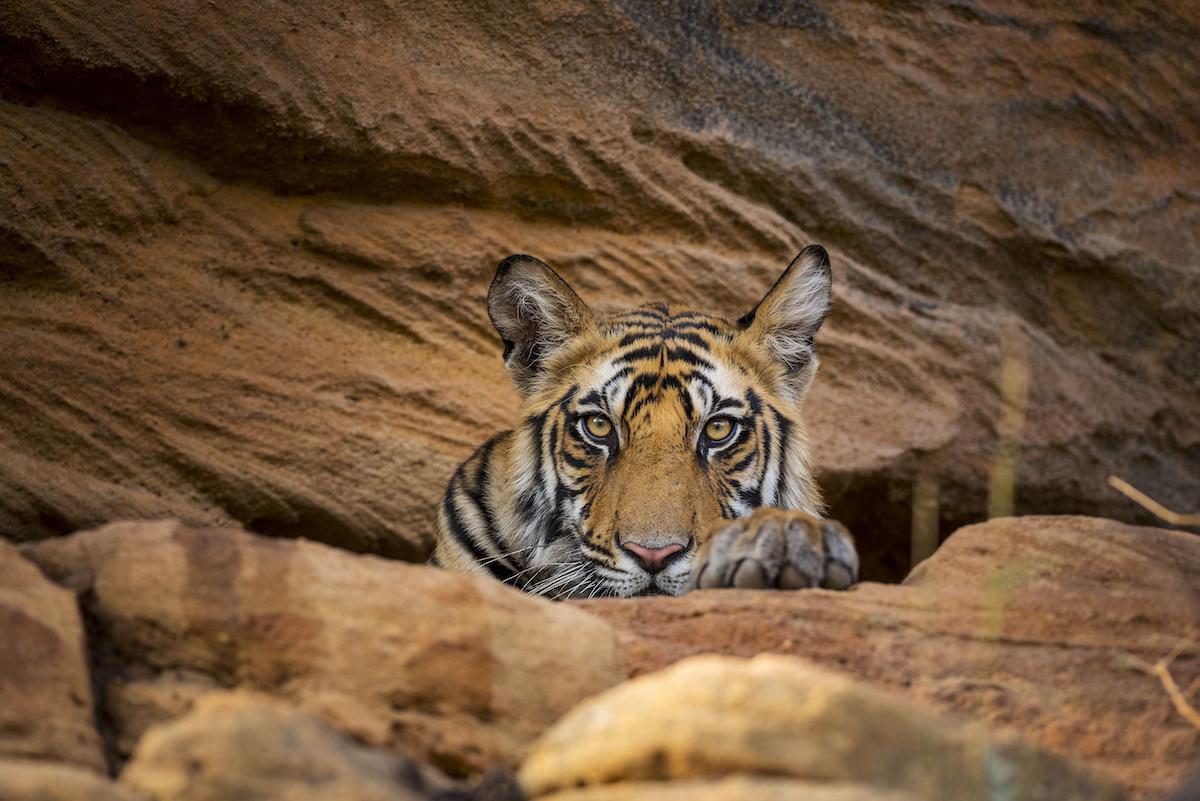So much for digital detox. I return from the tropics — just in time for CoP24 — and find little has changed. Climate change is now a full-on climate emergency, but then if we’re being honest with ourselves, we’ve known that for some time now — long before Mango Circus Freak was elected Leader of the Free World by 63 million low-information voters and climate deniers.
It’s hard to find light in all this darkness — Sir David Attenborough has certainly done his part, even at age 92, with his stirring Planet Earth and Blue Planet films — but as Jane Goodall reminds us in her self-reflective book Reason for Hope, there are always glimmers. We just have to look for them.
And behind every glimmer of light, there’s invariably a small group of committed difference makers who swim against the tide of apathy and willful ignorance, working their hardest to preserve, protect and restore their own small corner of planet Earth.
One such glimmer of hope exists in Mumbai, India — one of the most benighted, overcrowded and polluted metropolises on the entire planet — where, three years ago, activist lawyer Afroz Shah convinced Mumbai residents to clean up pollution-choked Versova Beach. The cynics said he was a fool, a latter-day hippy and would-be cult leader looking to take advantage of gullible locals and convince well-to-do, guilt-laden outsiders to part with their donor money.
He proved the cynics wrong.
Versova Beach remains a success story today, three years later, albeit the success is mixed. Versova is perhaps not the Utopian ideal and semi-permanent breeding colony for sea turtles some hoped for in the campaign’s early days, but despite the return of some garbage — owing to dumping in surrounding creeks around Mumbai that feed into the sea, Versova today is nowhere near the environmental calamity it was in 2015. (Nature has shown over and again that it doesn’t take much for an ecosystem to recover, given enough time and the concerted efforts of ordinary, everyday people to clean up their act, but many activist organizations prefer not to accentuate that fact, fearing — perhaps quite rightly — that misleading information coupled with willful misinterpretation will lead to complacency and the wrong-headed idea that, no matter what we do to the environment, it will always find a way to recover.)
Shah has been in the news again lately, in part because he’s turned his attention to a 17-km stretch of Mumbai’s Mithi River. As the activist who led the United Nations Environment Programme (UNEP) campaign to remove more than 5.7 million kg. of waste over 90 weeks starting in 2015, he notes that some two million Mumbai residents live along the banks of the Mithi River, choking the river with everything from human waste to everyday household trash.
Shah has been involved in three previous river rejuvenation projects and has been a featured speaker at NGO environmental conferences in Washington DC, and other cities around the world. He estimates that cleaning even that relatively short stretch of the Mithi River will take five years, but it can be done. Of that, he’s certain.
“The water at all these places is clean,” he told the Times of India this past week. “But (it’s) full of solid waste like plastic, that ultimately floats down to the beaches and oceans.”
In an echo of Attenborough’s series-defining caution in Blue Planet II, Shah says plastic is the real problem.
If we can somehow find a way to wean ourselves off plastic, planet Earth might have a chance.
In the meantime, it’s the small, grassroots community organizations working at the local, grassroots level — not the bureaucracy-heavy NGO multinationals with their high media profiles and slick advertising campaigns — that seem to be making the most difference. Micro is often better than macro, where environmental programs are concerned. It’s those small, community organized efforts that, time and time again, provide tiny glimmers of light that give the wild world reason for hope.
















